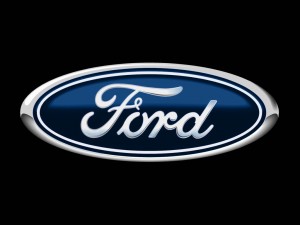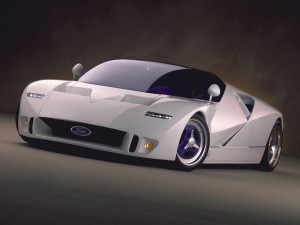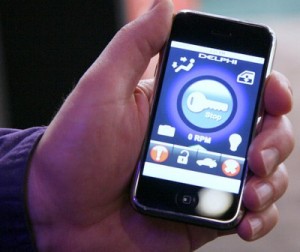So here it is, the blog post that officially completes the requirement for this assignment in Comm 101. It’s a bittersweet moment you could call it; I no longer must worry about getting it all done on time, yet this commences part of the reason why I chose UBC to begin with. Weird feelings about a course eh?
See, this course, to myself at least, has almost defined Sauder. It is one of the things that sets us apart from all other business schools, and has really emphasized the difference between UBC and high school. Let me elaborate…
I first heard about this course when I attended miniEnterprize. Jeff gave a speech, and he mentioned this course. No textbook, no final, just pure business discussion. It captivated me; nothing in high school was ever like that. And when I looked at other schools, none of them offered anything even remotely comparable. It’s a wonderful thing, despite all the hard work. After being in this course, I have a basic understanding of the different aspects of business, and it gives me a head start on figuring out what I am passionate about. If I was anywhere else, I would have only one year to decide, and knowing me, that is no where enough time.
So thank you guys for giving all of us this wonderful opportunity. And this isn’t meant as a suck up blog to get good marks, I truly mean this. You have given all of us the opportunity to get a head start on discovering our passion. Thank You.
Image from Google














